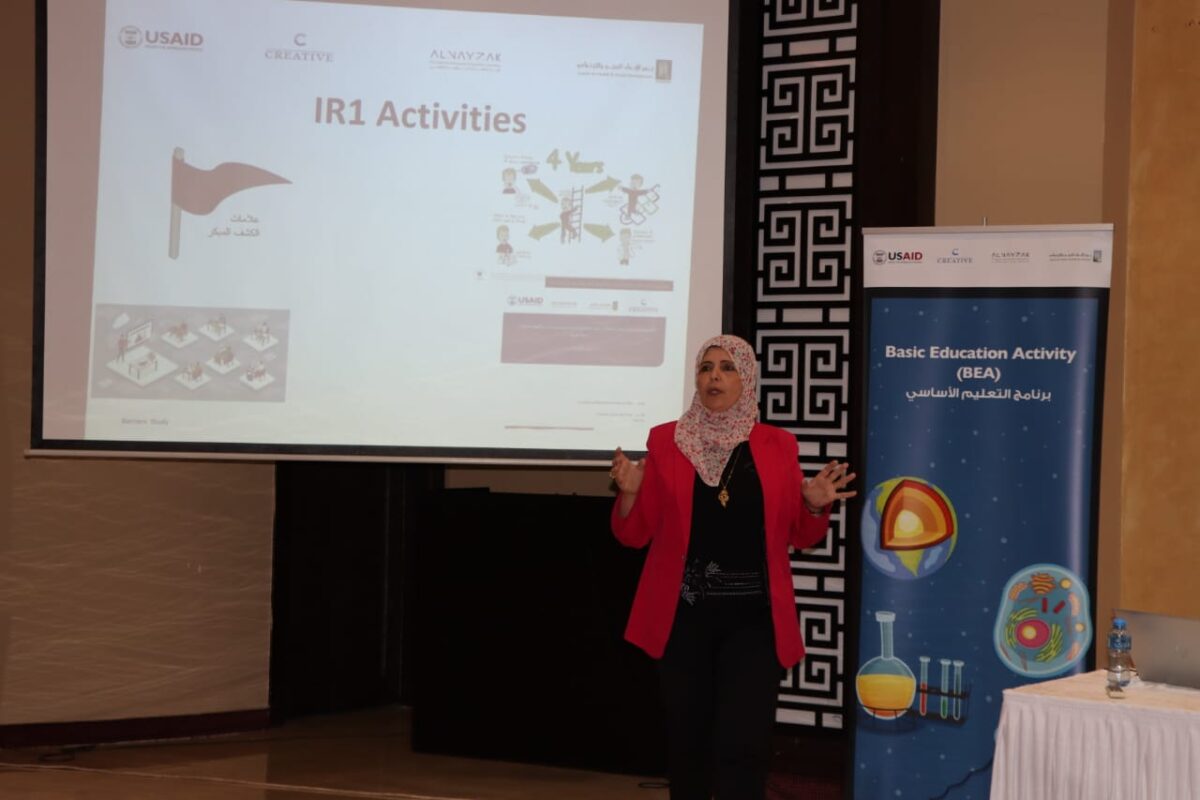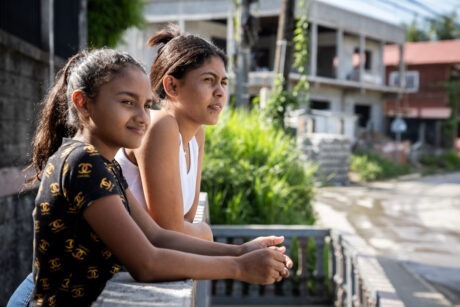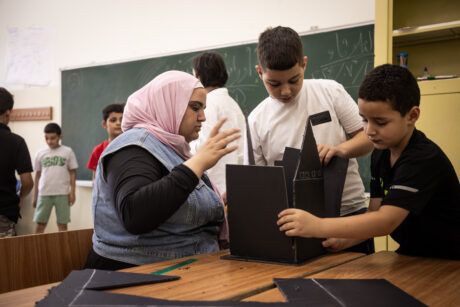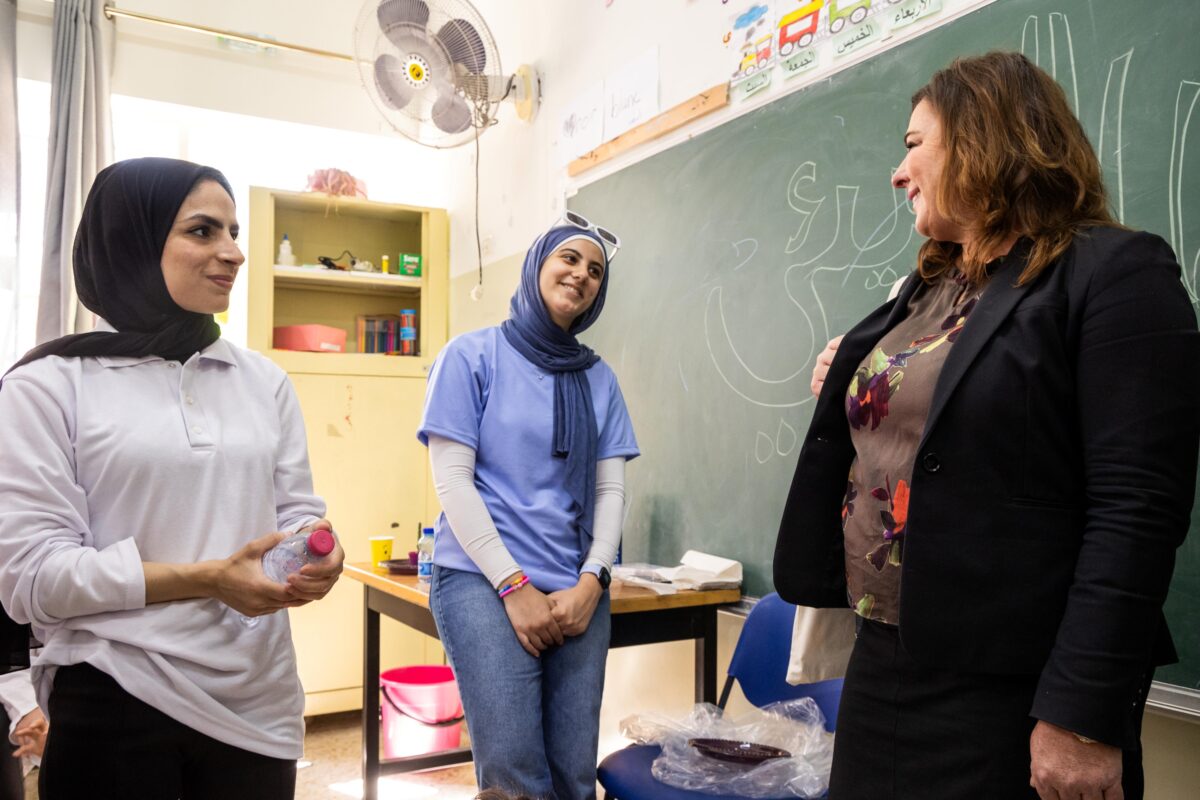At 23, I was a mother of four young children, with my youngest just five months old. Life was busy and full. Then one morning, I woke up and couldn’t see. I remember thinking the electricity was out, but after a moment, I realized it wasn’t the lights — it was me. I had lost my vision.
Panic set in. Living abroad, far from family support, I sought help from countless specialists and underwent numerous tests, but no one could explain my sudden blindness. Each day, I felt the weight of helplessness and fear. I would sit quietly, listening to my children play, wondering how I’d be able to care for them, to watch them grow. I memorized steps from one room to another, learning to navigate my home in darkness, while neighbors helped as much as they could. But inside, I was terrified.
For two months, I felt trapped in a world without light. Then, something miraculous happened. Slowly, I began to see faint shadows, then shapes. My vision returned little by little, and with it, a promise I made to myself: I would dedicate my life to helping others facing disabilities. I would become the support I had desperately needed but couldn’t find.
Since then, I have devoted my career to advocating for disability inclusion. Today, I am proud to work for Creative Associates International as an Inclusion Advisor with the USAID Basic Education Activity (BEA) in the West Bank and Gaza, where we are working to open doors for children with disabilities in Palestine.

Disability-inclusive education here is still limited, and we have a long way to go before education is truly accessible to all children. Years ago, I participated in developing the Ministry of Education’s Inclusive Education policy highlighted one key gap: early intervention — a critical period that can define a child’s future.
Why early inclusion matters
Early intervention refers to the services and supports available to babies and young children with developmental delays and disabilities, and their families. It is vital for children with disabilities.
Research consistently shows that early intervention, particularly during the first few years of a child’s life, can have significant positive effects on their development. It is also my experience that identifying delays or disabilities early can transform a child’s life.
However, in Palestine, inclusive education isn’t yet fully established, and processes for early identification of disabilities are not yet integrated into family and school services. As a result, many children miss out on these critical early intervention opportunities, such as speech or physical therapy, leaving them to face a lifetime of obstacles.
If children with disabilities receive support from their earliest years, they will be better prepared both academically and socially, with a stronger sense of wellbeing than a child who did not receive early intervention. Plus, their families can feel empowered to help them reach their potential.
Building inclusive foundations at BEA
At BEA, we’re committed to supporting inclusive early childhood education. To promote early intervention, our team, in partnership with local organization Juzoor For Health & Social Development, has designed a developmental milestone checklist and an early detection tool for children aged 3 to 6 to monitor developmental progress and spot early signs of delay.
Early detection is a lifeline for children. It gives teachers a clear view of a child’s abilities and challenges, allowing them to adapt lessons and activities. In addition to training early childhood teachers on how to apply the tool, we also provide training on how to appropriately respond and refer children to necessary services (where they are available). For parents, we offer guidance on how to integrate developmental support into daily life, helping them foster their children’s growth at home.
Inclusive education requires team effort, careful planning and the ability to adapt to each child’s unique needs. At BEA, with the support of USAID, we’re committed to ensuring that our programs are accessible to all children so that children with disabilities are not left behind.
A vision for the future
My journey has taught me that inclusive education goes beyond policies and procedures — it’s about seeing the potential in every child. Disability shouldn’t be a barrier to opportunity, but a call to action. As we continue to expand our programs and reach more children and families, I am grateful for the chance to be part of this work. It’s not a simple path, but every story of progress and every child who finds their place in the classroom makes the journey worthwhile.
Together, we can build a future where every child, regardless of ability, has the chance to thrive.


